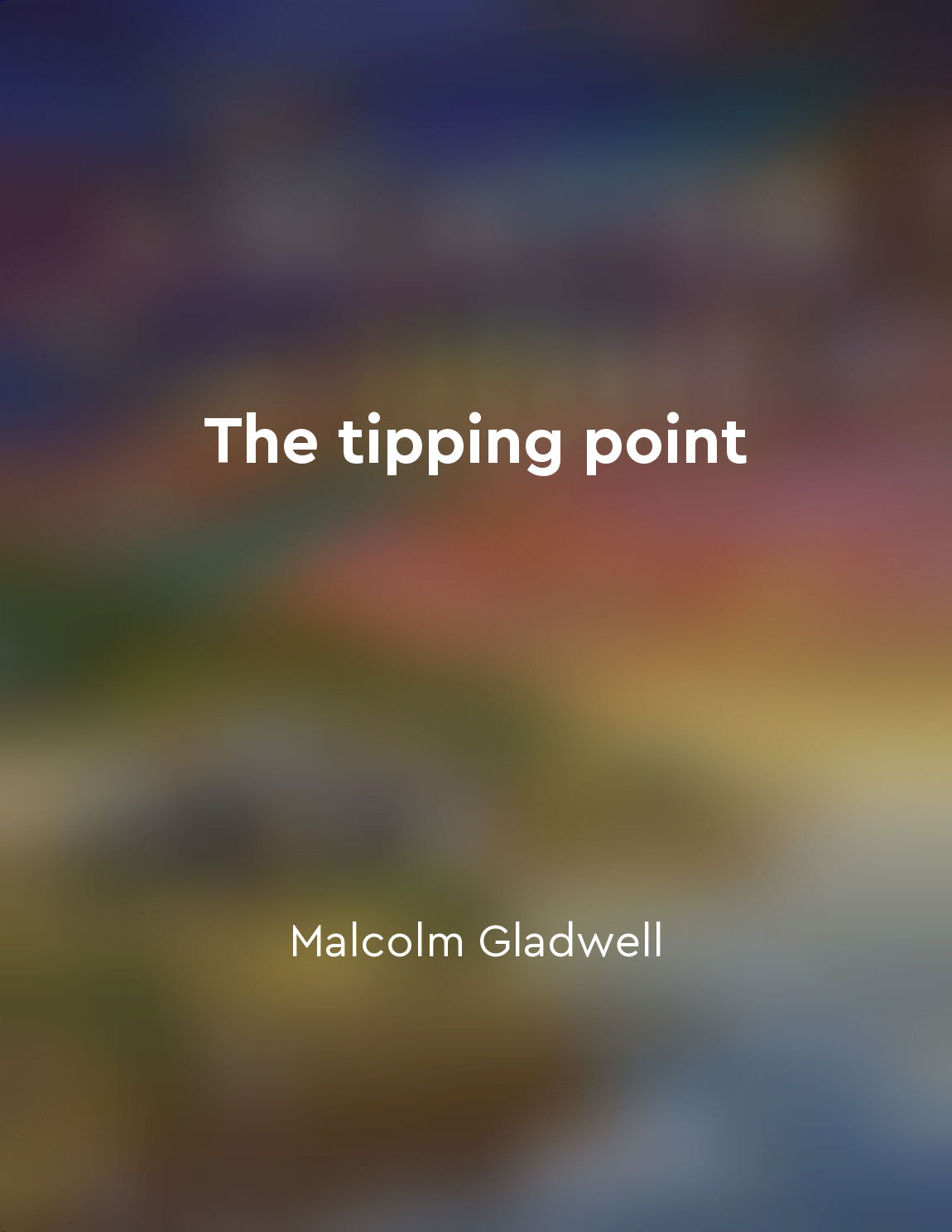The media can influence public perceptions of infectious diseases from "summary" of An Unnatural History of Emerging Infections by Ron Barrett,George Armelagos (the late)
The media plays a crucial role in shaping public perceptions of infectious diseases. Through various forms of communication such as television, newspapers, and social media, the media has the power to influence how people view and respond to outbreaks of infectious diseases. When the media sensationalizes stories about infectious diseases, it can create fear and panic among the public. For example, by using alarming headlines and dramatic images, the media can portray a disease as more widespread and deadly than it actually is. This can lead to overreactions, such as stockpiling of medications or avoiding certain areas out of fear of contracting the disease. On the other hand, the media c...Similar Posts
Social influence can lead to both positive and negative outcomes
Social influence is a powerful force that can shape our behaviors and decisions in various ways. It can lead us to make choices...
Traditional medicine practices can have an impact on disease transmission
Traditional medicine practices, which have been passed down through generations, play a crucial role in shaping the health outc...
Social networks are essential for individual wellbeing
The strength and vitality of our social connections are crucial to our overall wellbeing. When we are surrounded by a supportiv...
Migration patterns and disease transmission
The movement of people across vast distances in the ancient world was a powerful force shaping the destiny of societies. As pop...

Images have a powerful influence on our perceptions
In the age of visual media, our perceptions are predominantly shaped by the images we see rather than the words we read. Images...

The tipping point is a critical moment of change
In life, there are moments when things can suddenly change in a way that seems almost magical. These moments, known as tipping ...
